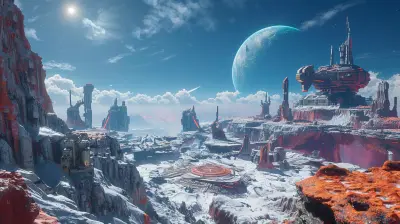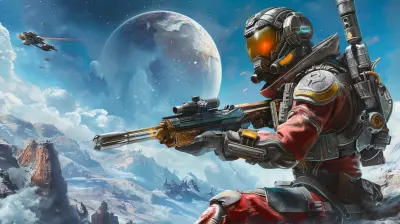How Crunch Culture Impacts the Development of Blockbuster Games
23 November 2025
Let’s talk about something that’s been quietly lurking behind the scenes in the gaming industry for years—crunch culture. You’ve probably heard the term tossed around, especially when a big AAA title is about to drop. But what exactly is crunch culture, and how does it shape (or break) the development of those jaw-dropping, mind-blowing blockbuster games we wait years to play?
In this deep dive, we’re pulling back the curtain on what really happens behind those glossy trailers and cinematic reveals. We’ll look at how crunch culture affects not just the developers, but the games themselves—and us, the players.
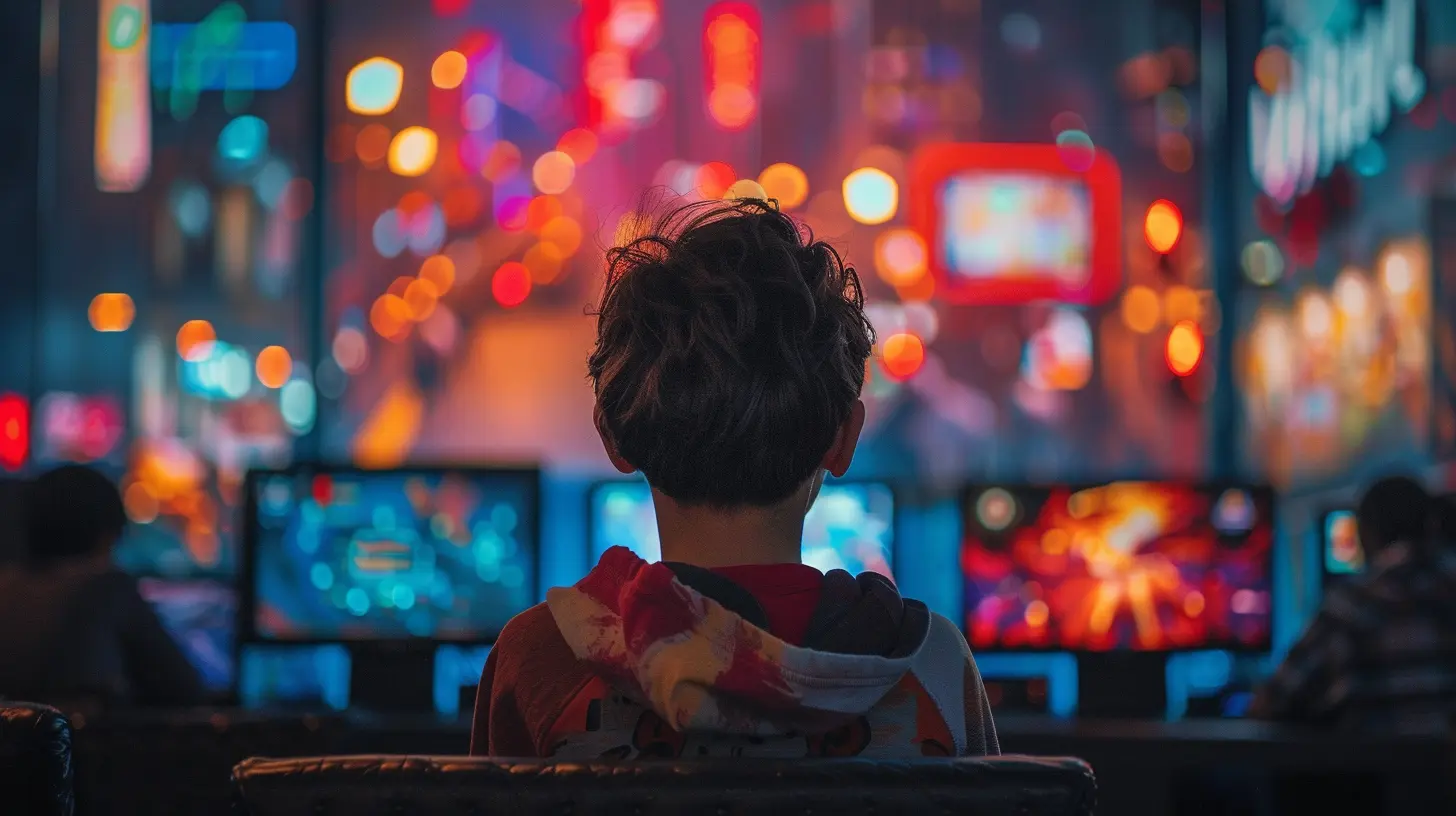
What Is Crunch Culture, Really?
Crunch culture refers to the intense periods of overtime that game developers are often expected to endure leading up to a game’s release. We're talking about 60- to 100-hour workweeks for weeks—or even months—on end. It usually kicks in during the final phases of game development, when studios are racing against the clock to meet deadlines.Think of it like trying to cram a semester’s worth of studying into one all-nighter. You might get the result you want, but at what cost?
Crunch isn’t a one-off event. In many studios, it’s baked right into the work culture—normalized, expected, and sometimes even glorified. And that's where things get messy.

Why Does Crunch Culture Exist?
You’re probably wondering, “Why not just give developers more time?” Good question.Here’s the deal: blockbuster titles cost millions of dollars to make. They involve massive teams, voice actors, composers, marketers, and more. Investors want returns, publishers want launch dates, and fans? Well, we're impatient.
Deadlines get fixed early on for marketing campaigns, retailer coordination, and financial quarters. Once that release date is set in stone, it’s a mad dash to hit it, even if it means pushing the team to their limits.
It’s the gaming industry's version of a ticking time bomb.
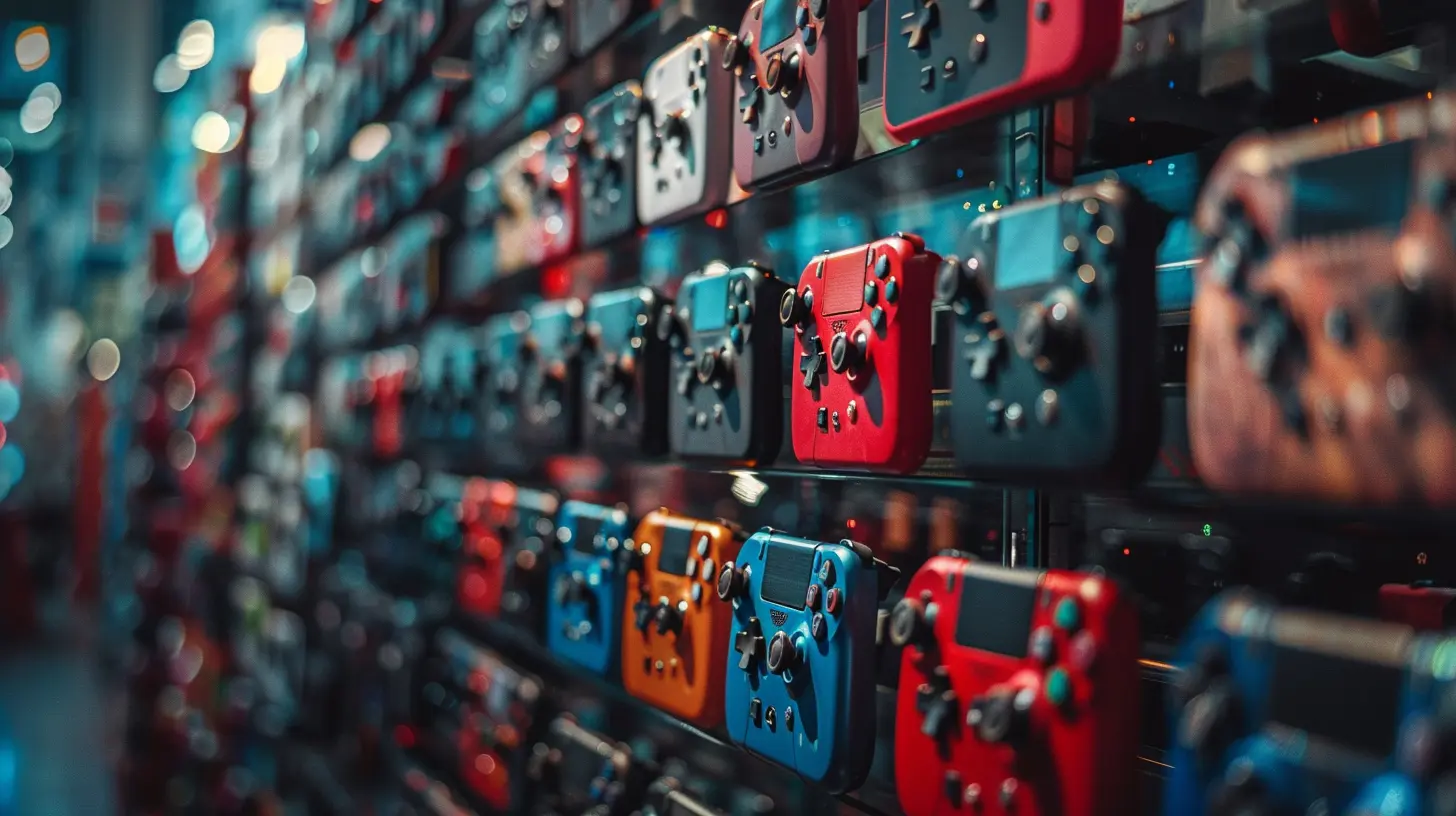
The Psychological Toll on Developers
Let’s get real—crunch can crush people. Long hours, missed family events, zero social life, and no time to rest? That’s not just bad for morale; it's a recipe for burnout.Many developers report anxiety, depression, insomnia, and even physical health issues due to sustained crunch. Relationships suffer. Creativity dries up. Passion fades. It’s heartbreaking because game developers are usually artists and problem-solvers—they love what they do. But when the job turns into a grind, even the most passionate start to question if it’s worth it.
So while we’re enjoying that slick open-world experience, someone behind the scenes might be sacrificing their well-being for it.
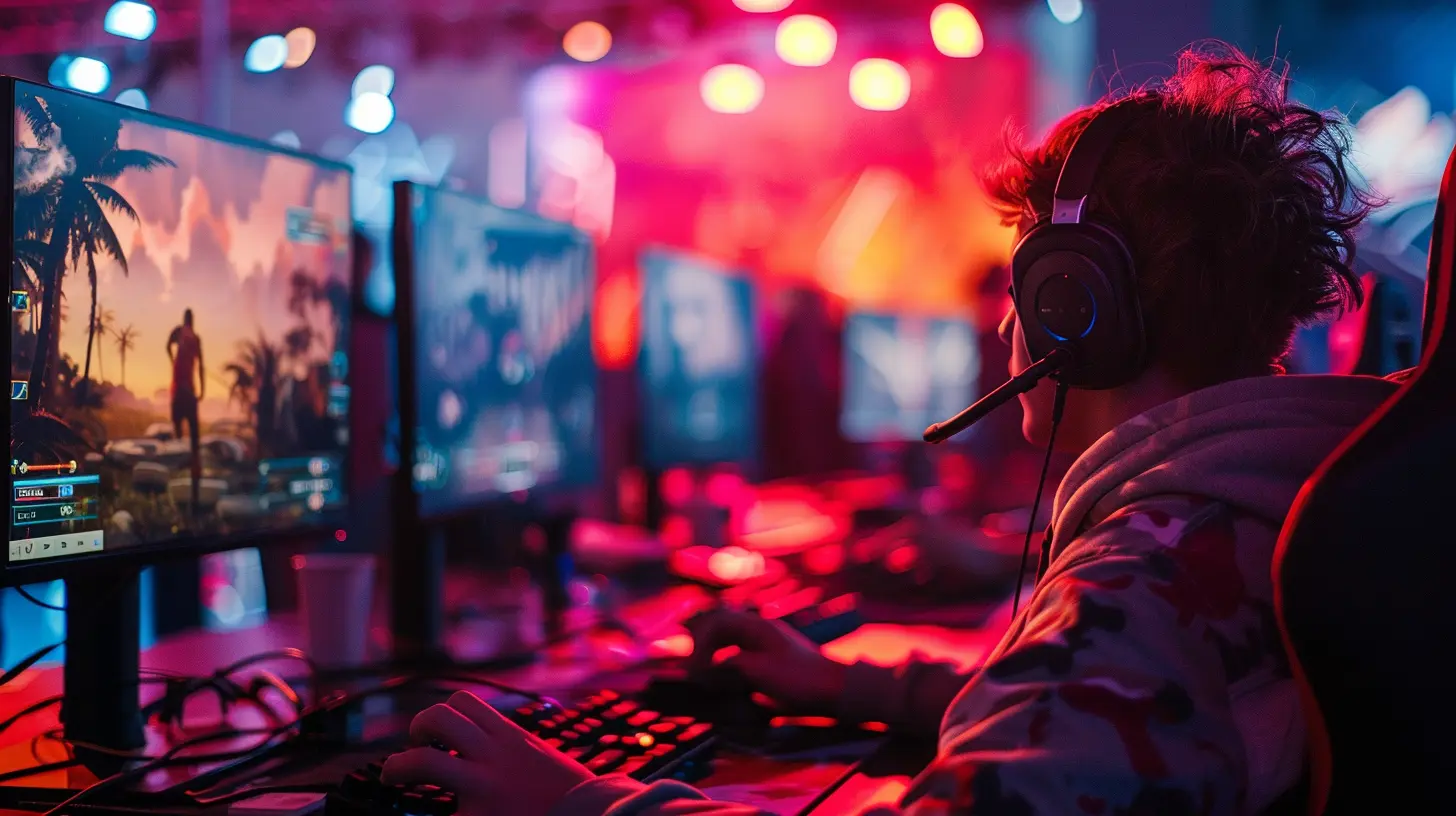
Impact on Creativity and Innovation
You might assume that more hours = more productivity. But that ain’t always the case.When teams are overworked, they’re more likely to settle for what’s familiar and safe. Risk-taking goes out the window. Innovation slows down. In other words, crunch stiff-arms creativity in favor of just “getting it done.”
Ever notice how some sequels feel like copy-paste versions of their predecessors? Crunch culture could be partly to blame. When you’re too exhausted to think outside the box, you stay inside it.
And let's not ignore the hidden bugs and glitches in major releases—you know, the ones that get patched weeks later. These aren't just "oops" moments. They're often symptoms of rushed work, foggy minds, and skipped quality assurance steps.
Case Studies: Crunch in Major Studios
Rockstar Games and Red Dead Redemption 2
When Rockstar released Red Dead Redemption 2, it wowed players and critics alike. But behind its cinematic brilliance was a story of developers clocking 100-hour work weeks. While the game was undoubtedly a masterpiece, it sparked a heated conversation about whether such a price was worth paying.Can a game still be considered a win when its creation relies on unsustainable labor practices?
CD Projekt Red and Cyberpunk 2077
Ah, Cyberpunk 2077—the hype was real, the backlash was even more real.What started as one of the most anticipated games ever ended up launching with game-breaking bugs, especially on older consoles. The reason? A chaotic development cycle plagued by crunch and rushed deadlines. Despite multiple delays, the team still worked overtime, only to release a product that felt unfinished.
It’s a painful example of crunch gone wrong.
Naughty Dog and The Last of Us Part II
Even studios known for quality experiences aren’t immune. Developers at Naughty Dog reported grueling work schedules leading up to the release of The Last of Us Part II. While the final product was critically acclaimed, the internal toll raised significant questions about the sustainability of their process.It's like building a beautiful mansion on a cracked foundation—sooner or later, things crumble.
How Crunch Affects Game Quality
Here's the kicker: crunch doesn’t always result in better games. In fact, it often does the opposite.When everyone’s exhausted, mistakes happen. Bugs slip through. AI doesn’t behave the way it should. Animations feel off. And sure, patches can come later, but the first impression is already tainted. Just ask fans who preordered Cyberpunk.
Moreover, rushed narrative design means that some stories feel half-baked or emotionally unearned. Instead of a compelling journey, you’re left with a fragmented experience that doesn’t quite land.
Player Expectations: Are We Part of the Problem?
Let’s be honest—we’re not totally innocent here.Gamers demand a lot. We want bigger worlds, better graphics, deeper stories, and we want them yesterday. Midnight launches, day-one patches, "when is the next DLC dropping?"—our expectations can fuel the pressure studios feel.
While we’re not forcing anyone into crunch directly, our collective impatience does add fuel to the fire. The industry tries to satisfy us, sometimes at the expense of its own people.
It’s kind of like ordering a gourmet meal and then yelling at the chef to hurry up. Quality takes time.
Trying to Break the Cycle
Here’s the good news: not every studio embraces crunch.Some companies, like Supergiant Games (of Hades fame), publicly reject crunch and still manage to deliver incredible games on time. It proves that with the right planning, communication, and respect for work-life balance, crunch doesn’t have to be inevitable.
More studios are starting to take note. And with growing awareness, industry veterans, journalists, and everyday gamers are pushing for change.
Some countries are even getting involved by tightening labor laws. The shift is slow, but it's happening.
What Can We Do as Gamers?
Okay, so we’re not CEOs or studio heads. But we do have some power.- Support studios that treat their developers well.
- Be patient. If a game gets delayed, see it as a sign they’re avoiding crunch.
- Spread awareness. Talk about it. Challenge the toxic "hustle or die" mindset.
- Buy indie games! Many small developers prioritize healthy work environments.
Change doesn’t happen overnight. But each little act of understanding helps move the needle in the right direction.
Final Thoughts: A Better Way Forward?
Here’s the big takeaway: blockbuster games don’t have to come at the cost of human health and happiness. Crunch culture isn’t just unsustainable—it’s unnecessary in many cases.We love games. We love the worlds, the stories, the epic moments that give us goosebumps. But it's time we start caring just as much about the people who create them.
It’s possible to build incredible games without burning people out. In fact, giving developers time, space, and support might make those games even better.
So next time a game you love gets delayed? Smile. That’s probably someone getting to go home for dinner with their family.
all images in this post were generated using AI tools
Category:
Aaa GamesAuthor:

Avril McDowney
Discussion
rate this article
1 comments
Kairo Harris
Crunch culture prioritizes profits over well-being, stifling creativity and leading to burnout, ultimately diminishing the quality and innovation in blockbuster games.
November 25, 2025 at 4:53 AM

Avril McDowney
I completely agree. Crunch culture indeed undermines both creativity and employee well-being, which can ultimately compromise the quality and innovation of blockbuster games. Prioritizing a healthier work environment is essential for sustainable success.

